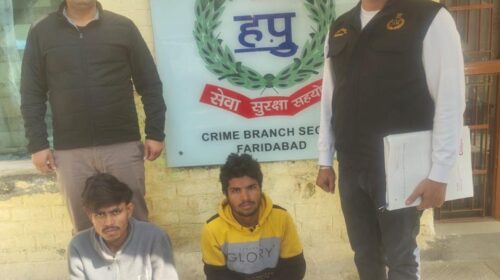SC deprecates tendency of making allegations against judicial officer when adverse order passed
The Supreme Court has deprecated the tendency of making allegations against judicial officers when adverse orders are passed against a litigant and said if this continues it will ultimately demoralise the judges.
The apex court dismissed the pleas seeking transfer of proceedings pending before a court in Rajasthan’s Dhaulpur to a court in Noida in Uttar Pradesh.
A bench of Justice M R Shah and Justice Krishna Murari noted that one of the grounds on which the proceedings are sought to be transferred is that the petitioners believe they are not getting a fair trial and the respondents, being “local bigwigs”, can influence the court there.
“We deprecate such a stand and the ground on which the proceedings are sought to be transferred. Merely because some orders are passed on the judicial side (in the present case in the execution proceedings) which may be against the petitioners, it cannot be said the court, which passed the order was influenced,” the bench said.
It said if the petitioners are aggrieved by any judicial order, the proper remedy would be to challenge it before a higher forum.
The top court said merely because some adverse orders are passed against the petitioners by the court, it cannot be said that orders on the judicial side are passed under influence.
“Nowadays, there is a tendency to make such allegations against the judicial officers whenever the orders are passed against a litigant and the orders are not liked by the concerned litigant. We deprecate such a practice,” the apex court said in its order passed on September 2.
“If such a practice is continued, it will ultimately demoralise the judicial officer. In fact, such an allegation can be said to be obstructing the administration of justice,” the bench said.
It said another ground raised was that when the warrant issued by the executing court was sought to be carried out, a false criminal FIR was filed and therefore there is apprehension on the life of the petitioners.
The bench noted that if the petitioners are aggrieved by the FIR, the remedy would have been to approach for quashing the same. “No ground is made out to transfer any of the proceedings as sought to be transferred,” the bench said.





